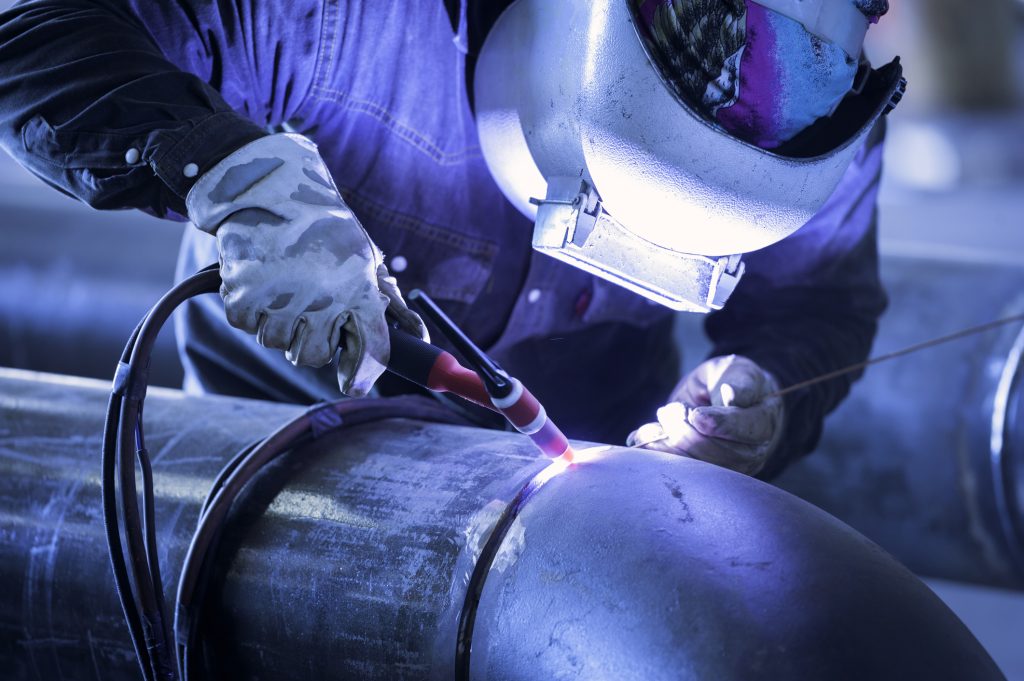How To Become A Fabricator

Working with metal is one of the most timeless and skilled jobs in the field of precision engineering. If you’re wondering how to become a fabricator, it could well be because you recognise that this is a job that will never go out of fashion.
From metal structures used in the automobile and aerospace industries to complex components crafted using CAD technology and laser cutting, being a fabricator is both a detail-orientated and creative technical career.
What does being a fabricator involve?
The attributes a fabricator needs include:
- An ability to turn a set of specifications into an accurate, flawlessly finished item.
- Attention to detail.
- A robust awareness of health and safety rules and requirements.
- Confidence in using advanced cutting and shaping equipment.
- Welding skills to join metal pieces together.
It is also important to understand the different properties and performance values of metal. They each have their own advantages and challenges for metal fabrication projects. If you do research into this relatively demanding engineering career, your basic industry insights can help you decide if it’s the right job for you. You can also impress a potential employer with your understanding of the ‘world of metal’. For example, what is steel fabrication and how does that differ from the way other metals are shaped?
How much do fabricators earn?
Average salaries for fabricators vary, especially according to which path you take. You can either go into a manufacturing company with niche demands for its welding and fabrication professionals or join a specialist fabricator who carries out diverse commissions for a wide range of clients.
You can also specialise in a particular aspect of metal fabrication, such as being responsible for intricate designs, cuts or indents, or handling larger projects using laser cutters or plasma arcs. Keep in mind you may need to be on standby for urgent projects outside of normal working hours. This can boost your earnings as a fabricator.
Typical fabricator qualifications
This is a precision engineering field, working with metals, powerful tools and machinery and intense heat. So, you won’t be surprised to discover there are specialist qualifications required to be a fabricator or welder.
You need to do a City & Guilds NVQ Diploma in Fabrication and Welding Engineering. These are Level 2 and Level 3 NVQs that equip you with skills such as how to use engineering data and documentation, cut sheet metal using various tools and use mechanised arc welding equipment successfully and safely.
One of the most common ways to get these qualifications is via an Intermediate or Advanced Apprenticeship. This is ideal as you get on-the-job training and earn while you learn.
Employers and how to become a fabricator
Of course, the most important step in becoming a fabricator is to find a specialist in this sector who has current vacancies. This will preferably be a highly-skilled metal fabrication company, with a strong track record of providing excellent learning and development opportunities for its staff.
Look for fabrication companies with proper accreditation too. This gives you the reassurance of a promising career path and an employer who takes health and safety and workforce welfare seriously.
West Yorkshire-based C&C Fabrications is always happy to receive applications from anyone interested in a career switch or people with existing fabricator experience.



